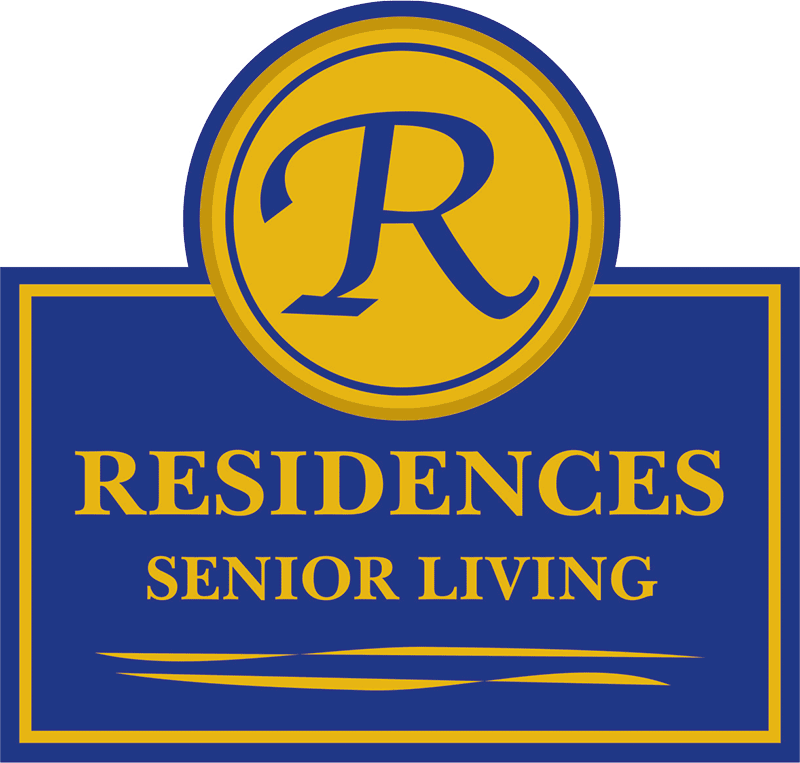No matter what stage of life you’re in, you most likely enjoy music.
But have you ever thought about the value music brings to people with dementia and Alzheimer’s disease? In fact, music may be the best medicine.
Back to the Beginning
According to Today’s Geriatric Medicine, therapists have long been using music therapy to promote memory and a sense of self in the treatment of older adults with dementia.
But just how far back does music therapy go?
John Carpente, founder and executive director of the Rebecca Center for Music Therapy in New York and a licensed, board-certified music therapist, said the idea of music as a healing influence able to affect health and behavior is at least as old as the writings of Aristotle and Plato.
Today’s Geriatric Medicine reported that the world’s first music therapy degree program was established in 1944 at Michigan State University, and the degrees – and knowledge about music therapy – keep growing.
How Does Music Therapy Work?
Carpente said music therapy improves the overall physical and mental well-being of people with dementia, including memory recall, positive changes in emotional states, opportunities to interact socially with others, and more.
He also said music can be used with older adults to maintain or increase their levels of physical, mental, social, and emotional functioning. That’s because music is one of the most engaging and powerful stimuli.
Think about it: We probably all remember songs from our childhood, and when we hear those songs, memories might start flooding back. The same goes for people with dementia. Music helps bring up memories from the past, and they may even remember the lyrics to sing along themselves.
Practical Neurology.com states that musical perception, musical emotion, and musical memory can survive long after other forms of memory and cognitive function have disappeared. And in dementia, music can improve mood, behavior and in some cases cognitive function, which can persist for hours and days after the music stops.
Related: The Health Benefits of Aromatherapy>>
Practice Makes Perfect, Especially at Home
GoldenCarers.com suggests that music sessions can be receptive or active. Receptive sessions are when the person sits back and listens to the music, and active sessions are when someone actively participates, such as playing the piano or singing along.
If you’re a caregiver for a loved one with dementia, this is an easy concept to implement every single day with your loved one. A few good tips for this are to have the session somewhere that the person is familiar with, hum along with them, and help prompt them to sing along with the song toward the end of a phrase or sentence.
This may not come naturally the very first time, so it’s important to be patient and keep working at it.
Memory Care and Therapy in Northwest Indiana
At Residences Senior living, we provide long-term care for your loved one. Discover memory care that offers dignity, safety and peace of mind at our two northwest Indiana communities .
